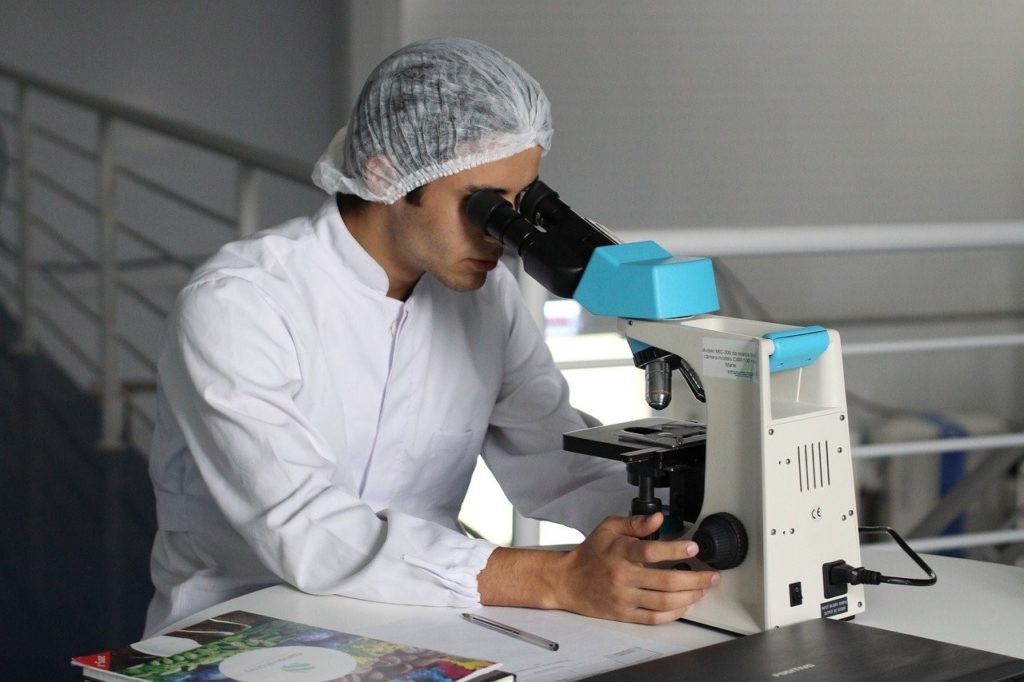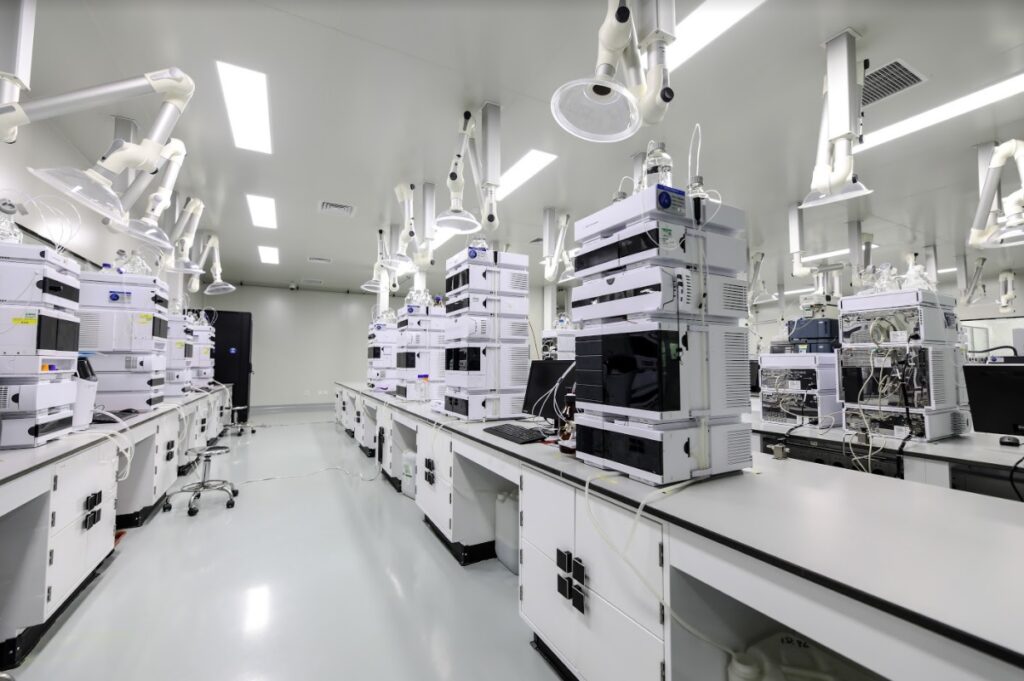The global health sector has witnessed unprecedented challenges, courtesy of COVID-19 pandemic. The pandemic has not only disrupted the operations in the sector but also impacted on the clinical trials uniquely.1
On the one hand, the pandemic has caused enormous challenges to almost all the global sectors; while on the other hand, it has created an opportunity for the scientific community to explore options in redesigning clinical research.
This article discusses issues that emanate from the clinical trials in the wake of the COVID-19 pandemic and the possible solutions to the challenges, highlighting approaches that can lead to successful post-pandemic research.
Main Challenges
Clinical trials continue to encounter enormous challenges as COVID-19 pandemic progresses, some of which are discussed herein.
Challenges in accessing trial sites
The existing COVID-related policies such as travel restrictions have curtailed the clinical trial process, including enrollment of trial participants due to safety concerns. Predisposed patients are more vulnerable, especially those with impaired mobility, cancer, and cardiac conditions.2
Staff unavailability and limited trial sites
Clinical trial process has been compromised by COVID-19 restrictions and the shifting attention towards COVID-19 patients. Typically, hospitals have converted their trial sites to makeshift facilities to attend to the urgent needs of COVID-19 patients. 1,3

Disruptions in the global supply chain
The logistical quagmire caused by the COVID-19 restrictions have curtailed the clinical trial process by disrupting the supply chain. These challenges have significantly impeded the delivery of laboratory supplies as well as investigational medicinal products (IMPs). 3
Possible delay of the ongoing trials
While the industry is recovering from the COVID-19 pandemic, there are substantiated concerns of possible delays in the clinical trials, especially those that fall outside life-threatening realm.4
Measures to overcome COVID-19 related challenges during Clinical Research
Regulatory authorities issued guidance in conducting clinical research services in the wake of COVID-19 to uphold the safety and rights of participants and the integrity of data. Also, the health agencies suggested remote monitoring and e-communications as viable initiatives to curb the spread of COVID-19 during clinical research. 5,6 While each trial is unique, there is a general agreement on common initiatives to guide clinical research in the wake of COVID-19:
Transfer of trial subjects
Transfer of subjects closer to their home or risk-free zones is viable in specific circumstances, particularly after the assessment of personal benefit-risk factors. Such sites may include ongoing trials or new ones. 6
IMP Distribution
EMA has provided guidelines that regulate the distribution of iIMPs to curb avoidable visits while offering the much-needed therapy to the subjects. While trial participants can receive large amounts of IMPs, such undertakings must coincide with the EMA protocol and regulations 5,6
Remote Monitoring
Sponsors may utilize risk-based approach to execute remote monitoring while abiding by the existing regulatory framework and rationale of the assessments. 5,6
Using alternative laboratory/imaging center
Stakeholders can conduct clinical trials in authorized lab sites or imaging centers in case the subject cannot travel, subject to the approval of the patient’s documents. 5,6
Adhering to Regulatory Framework During the Administration of IMPs
There is a dire need to focus on proper administration of IMPs to reduce risk of non-adherence bias. Stakeholders can adopt various approaches to reduce such risks, including; 4
- Facilitating home-based study medications by the patients
- Encouraging healthcare workers to visit patients at home
- Administering injections in authorized and COVID-19-compliant clinical facilities
Comprehensive data collection
To uphold the validity, efficacy, and safety assessments during COVID-19 pandemic, there is a need to ensure comprehensive data collection. Such approaches like electronic data capture, teleconferencing, and telemedicine are viable in achieving the aforementioned goal. 4

Risk assessment and Mitigation Strategies
Continuous risk assessment and viable initiatives to uphold the safety of trial subjects are paramount in conducting efficient clinical trials. 7 ICH E6 R2 seeks to ensure trial reliability and safety of subjects during trials. 7
Risk-based monitoring
Health authorities should embrace a risk-based approach during remote monitoring to facilitate access to the crucial trial data.7 It is essential to uphold safety of subjects and data reliability and trustworthiness during clinical trials. 7 Stakeholders should place emphasis on the crucial processes and data.7
To ensure effective monitoring, patient safety, data integrity, and oversight, stakeholders may integrate remote, on-site, and centralized monitoring approaches.
Embracing virtual clinical trial process
Virtual trials have become a reality, courtesy of COVID-19 pandemic. Companies now embrace remote data management, monitoring, and telemedicine as a result of the pandemic. 8,9
The need to redesign clinical trials
Given the inevitable circumstances attributed to COVID-19 pandemic, there is a dire need to redesign clinical trials. Such an approach must utilize innovative technologies to achieve success
How Dokumeds Helps companies redesign clinical trial approaches
Given its diverse expertise, Dokumeds can help companies overcome COVID-19-related challenges and conduct efficient clinical trials. The company not only conducts a thorough review of the status of COVID-19 but also updates sponsors regularly. Moreover, We assess risks and suggest possible solutions to achieve successful clinical trials.
Article written by Janis Brix, CEO Wigwam
References
- Lorusso D, Ray-Coquard I, Oaknin A, Banerjee S. Clinical research disruption in the post-COVID-19 era: will the pandemic lead to change?. ESMO Open. 2020;5(5):e000924.
- van Dorn A. COVID-19 and readjusting clinical trials. Lancet. 2020;396(10250):523-524.
- Marandino L, Necchi A, Aglietta M, Massimo Di Maio MD. COVID-19 Emergency and the Need to Speed Up the Adoption of Electronic Patient-Reported Outcomes in Cancer Clinical Practice. JCO Oncology Practice 2020 16:6, 295-298. Available at: https://ascopubs.org/doi/full/10.1200/OP.20.00237. Accessed on: 12 March 2021.
- Fleming TR, Labriola D, Wittes J. Conducting Clinical Research During the COVID-19 Pandemic: Protecting Scientific Integrity. JAMA. 2020;324(1):33–34.
- FDA Guidance on Conduct of Clinical Trials of Medical Products During the COVID-19 Public Health Emergency. US FDA. 2020. Available at: https://www.fda.gov/regulatory-information/search-fda-guidance-documents/fda-guidance-conduct-clinical-trials-medical-products-during-covid-19-public-health-emergency#:~:text=FDA%20is%20issuing%20this%20guidance,COVID%2D19%20public%20health%20emergency. Accessed on: 12 March 2021.
- Guidance on managing clinical trials during the coronavirus disease (COVID-19) pandemic. EMA. 2020. Available at: https://www.ema.europa.eu/documents/press-release/guidance-sponsors-how-manage-clinical-trials-during-covid-19-pandemic_en.pdf. Accessed on: 12 March 2021.
- Integrated Addendum to ICH E6 (R1): Guideline for Good Clinical Practice E6(R2). November 2016.
- Izmailova ES, Ellis R, Benko C. Remote Monitoring in Clinical Trials During the COVID‐19 Pandemic. Clinical and translational science. 13:5, 838-841. Available at: https://ascpt.onlinelibrary.wiley.com/doi/10.1111/cts.12834. Accessed on: 12 March 2021.
- Clement KD, Zimmermann EF, Bhatt NR, et al. Communication tools in the COVID-19 era and beyond which can optimise professional practice and patient care. BMJ Innovations. 2021;7:217-223.
- Skelton E, Drey N, Rutherford M, Ayers S, Malamateniou C. Electronic consenting for conducting research remotely: A review of current practice and key recommendations for using e-consenting. Int J Med Inform. 2020;143:104271.
- COVID-19 Creates Urgent Need for Remote Monitoring in Clinical Trials. ACRP. 2020. Available at: https://acrpnet.org/2020/05/12/covid-19-creates-urgent-need-for-remote-monitoring-in-clinical-trials/#:~:text=Purpose%2Dbuilt%20remote%20trial%20monitoring,foot%20in%20the%20physical%20site. Accessed on: 12 March 2021.
